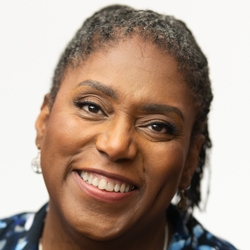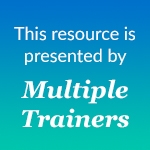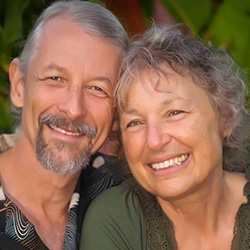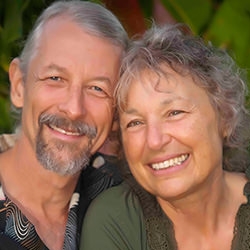

Search Results: nvc
-
Exploring how NVC can support healing and connection in places deeply affected by violence.
-
In this brief audio segment, Miki works with a woman whose teenage daughter rejects her use of NVC, guiding her in a process of self-awareness and acceptance.
-
Miki responds to a 2014 NVC in Business Conference participant’s question concerning the focus on needs over other aspects of NVC in business communication.
-
Jeff Brown shows how to bring NVC to your workplace by starting with inner awareness.
-
- Understand the essential relationship between personal healing and social change — and how to communicate it to others.
- Increase your compassion capacity for different ways of being in the world.
- Get clarity about the difference between equity and equality — and how to generate equitable processes in your communities and networks.
- Obtain tools to explore the various factors that contribute to your understanding of power and privilege — including your own.
-
- Integrate the underlying principles of NVC into your daily life
- Create a daily practice of self empathy and connecting to needs
- Strengthen your own personalized set of NVC skills
- Increase your sense of power in the world
- Deepen connection with yourself and those in your life
-
Learn to design role plays that inspire, engage and deepen learning for everyone.
-
You've probably witnessed and participated in role plays that were powerful tools for inspiration, integration, or healing. You've likely also been in contexts where role plays fell flat, leaving people frustrated, confused, or disengaged. If you're sharing NVC with others – or are envisioning yourself going there in the future – you'll want to take this class, where the focus is on how to increase the chances of having role plays that serve a clear purpose, engage an entire group, and support the deepest learning possible for all.
-
-
-
In this enlightening Trainer Conversation, three veteran CNVC Certified Trainers discuss whether NVC can be learned without first learning Observations, Feelings, Needs, Requests (OFNR). The conversation naturally meanders as the trainers grapple with the question, eventually covering a wide-range of topics including the spirituality and true essence of NVC.
-
- Start here to discover how Nonviolent Communication (NVC) will enrich and deepen all your relationships.
- You'll love this practical and enlightening approach to empathic listening and effective self-expression.
- Learn on your schedule with self-paced learning modules in this 30-day program.
-
This Introduction to NVC Mediation provides a conceptual overview and experiential taste of the NVC mediation learning model developed by John Kinyon and Ike Lasater.
-
NVC can be seen as a restorative practice that reconnects us with life, trust, and the experience of mattering.
-
Jim Manske demonstrates using NVC and self-connection to create sincere, healing apologies.
-
Learn the two core aspects of NVC: consciousness and tools to express it.
-
In the "obnoxious stage" we care for our needs in a way that doesn't respect others' needs. In the "emotional liberation" stage we fully care for others' needs as much as our own—while being free of fear, guilt, shame, or obligation. Often NVC training teaches us how to achieve the latter stage without the former. For greater compassion we can be more rigorous in how we talk about “responsibility", impacts and interdependence.
-
Explore NVC's role in transforming power dynamics and bridging social divides.
-
CNVC Certified Trainer Lore Baur asks: "Have you ever seen something happen that made you feel uncomfortable and you didn't know what to do?" That's the "bystander effect:" a well-researched and commonly experienced phenomenon. Training can help you overcome it, enabling you to discern what to do and how to support others in ways that reduce trauma and increase safety.
-
Join certified CNVC trainers Jim and Jori Manske to explore the relationship between gratitude and Nonviolent Communication as a way to learn and practice NVC.
Quick Links

Stay in Touch!
We value your privacy, won't share your email address and you can easily unsubscribe any time.
















